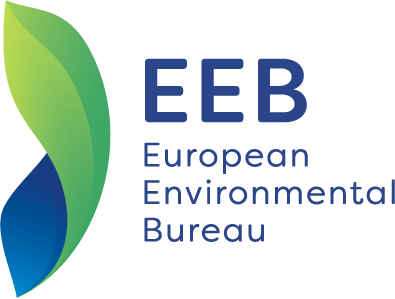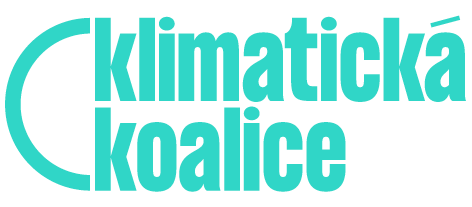Spotřebitelské, ekologické, ženské a zdravotnické organizace dnes ve společné prohlášení varovaly, že Evropský parlament může svým hlasováním ohrozit původní záměr reformy chemické politiky EU (REACH) na lepší ochranu zdraví lidí a životní prostředí. REACH by podle prohlášení NGO mohl být naopak vážným ohrožením pro zdraví i přírodu, pokud nebude přijata procedura autorizace (povolení) nebezpečných chemikálií v podobě navržené ekologickým výborem Evropského parlamentu a pokud by byla schválena registrace chemikálií v kompromisní podobě navržené poslanci Sacconim a Nassauerem.
Společné porhlášení podepsaly následující nevládní organizace a jejich koalice: European Environmental Bureau, European Public Health Alliance - Environment Network, EUROCOOP, Friends of the Earth Europe, Greenpeace, Women in Europe for a Common Future, WWF. Jeho text anglickém originále následuje.
WHEN ‘REACH’ BECOMES A THREAT
Environmental, health, women's and consumer groups warned today that the Parliament risks turning REACH from a pro-environment and health legislation into just the opposite. If the Sacconi-Nassauer deal on registration is adopted by plenary and, at the same time, the authorisation package agreed in the environment committee is rejected, REACH will not only fail to benefit human health and the environment but would threaten them, the groups said. This will not improve the bad image of the chemicals industry.
AUTHORISATION: weakening existing protection levels - The door will be wide open for the continued and legal use of identified dangerous chemicals if producers are allowed to continue marketing the most hazardous substances by claiming they are ‘adequately controlled’. Unless the authorisation package adopted in the environment committee is supported, an identified carcinogen or reproductive toxin for which safe alternatives are available would be allowed to stay on the market and could be used in consumer products, contrary to existing legislation.
REGISTRATION - The registration package supported by the main political groups would let companies supply only little and low quality safety information on chemical substances:
- Almost no safety data will be required for 70-90% of substances produced in 1-10 tonne volumes per year – beyond, for example, details of boiling point. (Current legislation requires health-relevant information for all new chemicals produced in volumes above 10 kilos a year.)
- Tests for chemicals produced in all volumes above 10 tonnes per year will fall below international (OECD) guidelines for high volume chemicals, which industry has long committed to respect.
- Large chemicals producers will be permitted not to share data with SMEs. Without obtaining basic safety information, there is no way of identifying which chemicals pose a threat to health and the environment, or of banning their use. The NGOs warned the Parliament not to mislead the public by calling a decision that is likely to damage human health and the environment a pro-environment vote.


